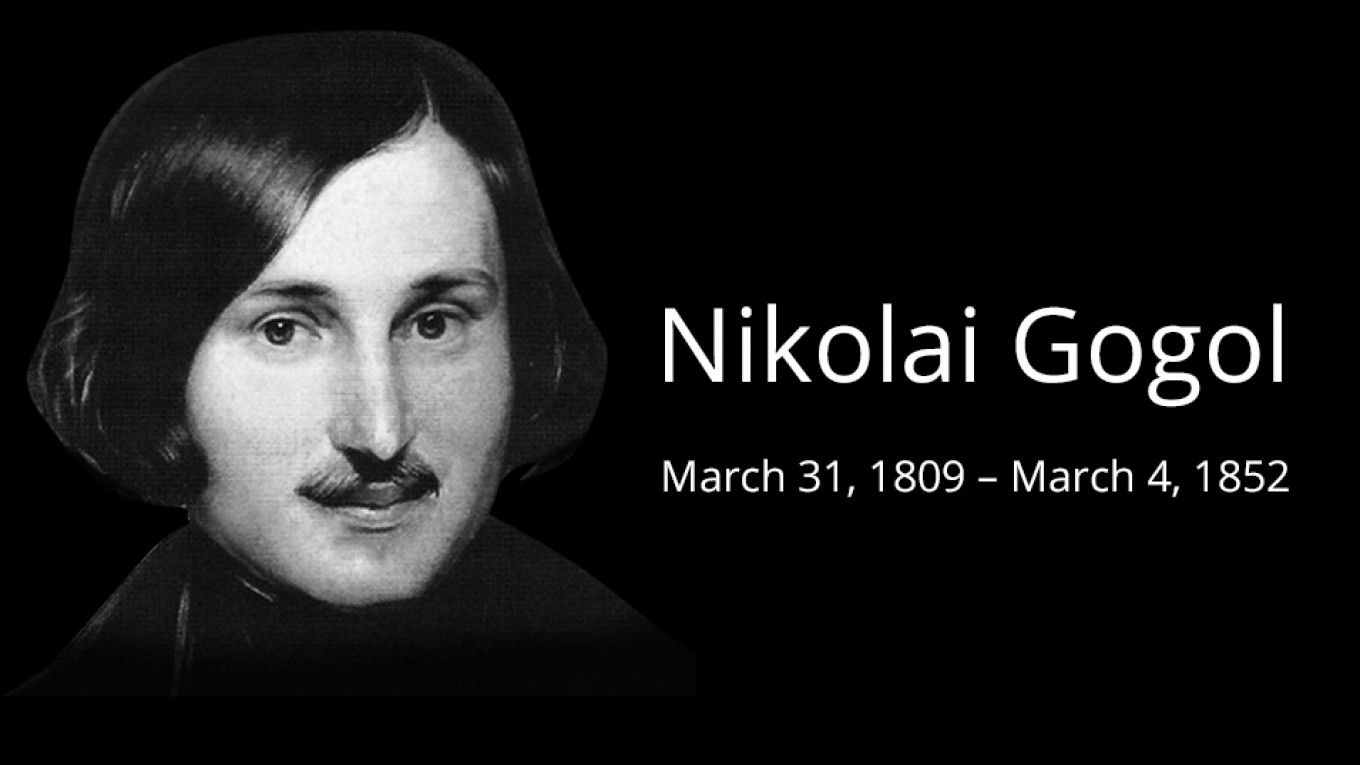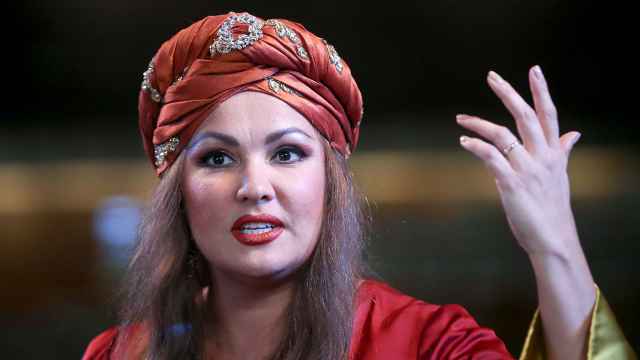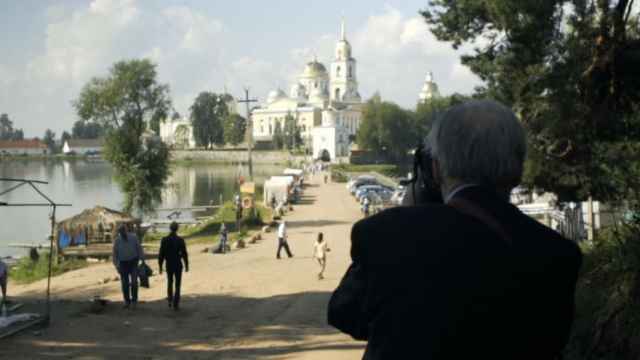Nikolai Gogol was born in the Ukrainian town of Sorochintsy in 1809. His father, Vasily Gogol-Yanovsky, was himself a poet and a playwright, writing in both Ukrainian and Russian. Both languages were spoken in their home, and this would go on to have a significant influence on Gogol's writing.
In 1828 Gogol moved to St. Petersburg. It was here he attempted to become an actor, and later tried his hand at poetry. The results of this were so catastrophically bad that Gogol burnt all copies of his published poems and swore never to write poetry again.
With writing that included elements of Ukrainian folklore, phrases and vocabulary, Gogol published eight narratives in a series of short stories titled “Evenings on a Farm near Dikanka,” written in 1829 – 1832. This would be his first success in the Russian literary world, and Gogol quickly became famous. Perhaps his most notable admirer was Alexander Pushkin, whose death would have a profound impact on Gogol. Possibly his most famous work "Dead Souls" was published in 1842; other work featuring the same satire and comedy would follow.
At the age of 42, Gogol fell into a deep depression. One night, he burned some of his manuscripts (including the second volume of “Dead Souls”). He later dismissed this as a joke played by the Devil himself and went to bed, refusing to eat. Nine days later, he died.
Today, Gogol is commemorated with two statues in Moscow’s Arbat neighborhood — a gloomy Gogol built in 1902, and a happier Gogol erected in 1952 on the 100th anniversary of the death of one of Russia’s most celebrated writers.
A Message from The Moscow Times:
Dear readers,
We are facing unprecedented challenges. Russia's Prosecutor General's Office has designated The Moscow Times as an "undesirable" organization, criminalizing our work and putting our staff at risk of prosecution. This follows our earlier unjust labeling as a "foreign agent."
These actions are direct attempts to silence independent journalism in Russia. The authorities claim our work "discredits the decisions of the Russian leadership." We see things differently: we strive to provide accurate, unbiased reporting on Russia.
We, the journalists of The Moscow Times, refuse to be silenced. But to continue our work, we need your help.
Your support, no matter how small, makes a world of difference. If you can, please support us monthly starting from just $2. It's quick to set up, and every contribution makes a significant impact.
By supporting The Moscow Times, you're defending open, independent journalism in the face of repression. Thank you for standing with us.
Remind me later.






